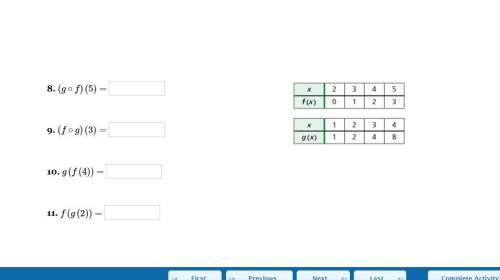
Mathematics, 20.11.2020 19:20, janilaw1
Which statement best explains conditional probability and independence?
When two separate events, A and B, are independent, the probability of either event occurring is the same. Therefore,
P(A) = P(B) and P(A|B) = P(B).
When two separate events, A and B, are independent, P(A|B) = P(B). This means that the probability that event A
occurred first has no effect on the probability of event B occurring next.
When two separate events, A and B, are independent, P(A|B) = P(A). This means that the probability that event B
occurred first has no effect on the probability of event A occurring next.
When two separate events, A and B, are independent, the probability of either event occurring is the same. Therefore,
P(A) = P(B) and P(A|B) = P(A).

Answers: 3
Other questions on the subject: Mathematics


Mathematics, 21.06.2019 17:30, anonymous1813
Using the side-splitter theorem, daniel wrote a proportion for the segment formed by luke segment de. what is ec?
Answers: 3


Mathematics, 21.06.2019 21:30, TheSillyMichael1566
X/y + 4y/x divided by x/y - 2y/x explain as in depth as you can how you simplfied the fractions. i don't know where to start on this : /
Answers: 3
Do you know the correct answer?
Which statement best explains conditional probability and independence?
When two separate events, A...
Questions in other subjects:

















